“Mom, I want to be a blogger!” Help your child’s hobby be safe
A report by global market research company, Morning Consult, revealed that more than half of people aged between 13-38 would like to become an influencer. Your child might be one of them! Here, David Jacoby, Security Researcher at Kaspersky, talks to us about how to make sure your child fulfils their blogging ambitions safely – and the role you play in this as a parent.
So, how do you react when your child stubbornly stamps their feet and declares their dream is to become an influencer, instead of an engineer or teacher?
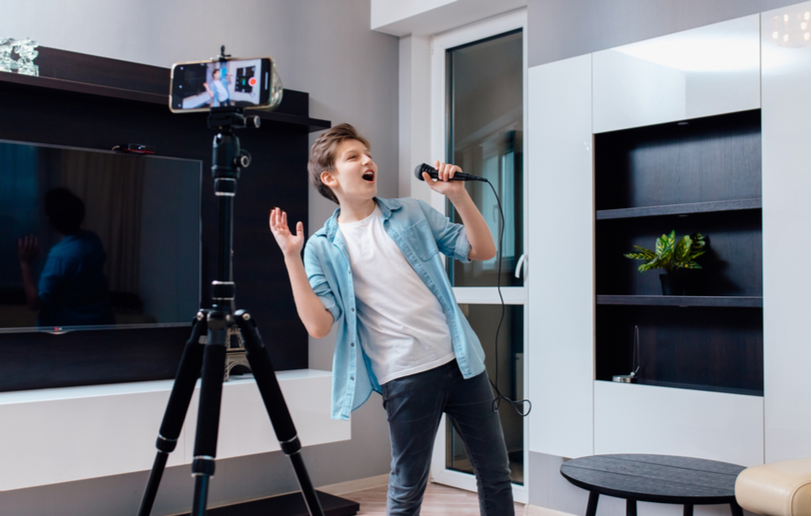
Children today are surrounded by devices and digital services from birth, and many can’t imagine life without them. For the younger generation, blogging is not just a fleeting hobby, it’s an integral part of life, like smartphones or social networks.
Creating, maintaining, and promoting a blog is a difficult task, which requires a wide range of skills that could be useful in their future career. Writing will help your child discover their creativity and how to express themselves, providing you with a valuable insight into their life and bringing you closer together. Your support will help them take the first step to realising their ambition with confidence and security.
Blogging is like blasting off in a rocket to outer space. Your children create something new and share it with their audience, not knowing what they’ll encounter or what the outcome will be. Before any space adventure, it’s essential to check the safety and reliability of all systems – and in this case, that’s your child’s social media accounts.
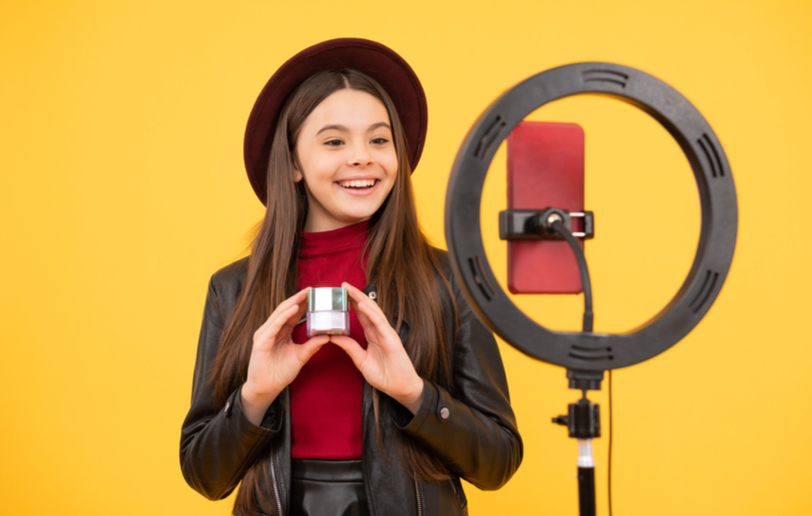
Kaspersky has prepared top tips for parents and their young blogger to help them step safely and securely into the exciting new world of blogging.
My account, my rules…but secure ones!
A social media account is a blogger’s main tool, where they spend most of their time uploading content, sharing it with subscribers, communicating with an audience and expressing their point of view. It is the public face and the most important asset of any would-be influencer and could one day turn your child into a fully-fledged brand.
An account is like the control room of a rocket ship – it is key to protecting your child and keeping a would-be influencer’s brand afloat, so protecting it should be your first priority.
It is good practice to start with a password, which is the key that launches the rocket. The more advanced and reliable the key, the fewer opportunities there will be for someone to hack and gain access to your child’s account. Nordpass publishes annual ratings of the weakest and most popular passwords that are easiest to crack. We can all be reckless sometimes, so take a moment with your child to check out these ratings and see if your passwords are there. If they are, change them as soon as possible.
Be sure that you set up two-factor authentication on your kid’s social media account. It is a reliable feature that will make access more secure. Two-factor authentication is no panacea for preventing hijacks by cybercriminals, but it’s a formidable barrier to anything that might try to compromise a profile protected by it.
Selecting a strong password
Creating a strong password is not as difficult as it seems. Importantly, it must be unique. Your child might be tempted to re-use a password from an email or social media account, for ease of remembering, so spend some time helping them to make up a new one. For example, a safe option is to make the password personal. You can try the ‘Story Algorithm’ method. It is based on using familiar phrases or words that make sense to you and will not only help you remember the password, but also make it a strong combination.
Firstly, you need to think of any phrase, song lyric, quote from a movie, or any other familiar phrase. Then take the first letter from the first five words and add a special character between every letter. As a result, you will have a line of symbols that you can customise for each social network using the power of associations. For example, for a Facebook password, you can add the word ‘blue’ at the end, while for Twitter you can add ‘bird’ and so on. If it is difficult to remember such passwords (which is quite natural), consider using a Password Manager that will keep them safe and even come up with new ones for you.
Privacy is your personal treasure
Through their accounts, your child can discuss topics that are important to them and express their opinions. Audiences are interested in following influencers who are willing to share a piece of their personal life. But while this can help them feel connected and attract new subscribers, it can also threaten their security. For example, it’s fun to talk about what kind of dog they want to buy and ask their followers for opinions. Who wouldn’t want to participate in puppy selection? But it would not be safe to place a geotag with the address of your house in the photo with your child’s new pet.
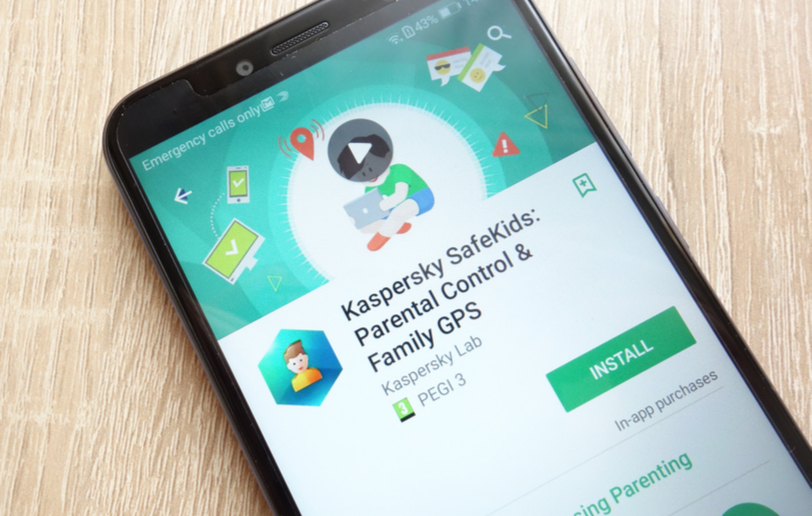
If your child’s ambition is to become a blogger, then be sure to discuss the issue of privacy with them – what they can say and when it is better not to share personal details. For example, sharing posts of scans and photos online, especially IDs, tickets, and other documents, is not a good idea. It’s also advisable to keep geotags private and not share information about your location and travel plans (such as dates, schedule or flight number). Consider setting up a P.O. Box if your child plans to review or promote items or receive gifts.
Remember that everything your child shares with subscribers will become available to everyone. For example, some might take advantage of your kid’s openness and try to steal card details, or hack their account after figuring out their home address. While it is important to remain vigilant, there is a trusted security solution that can protect your child on their online journey.
Stay strong, stay calm (or haters gonna hate!)
Becoming a blogger is like getting on a stage in front of a huge audience. The only difference is that an unlimited number of people from around the world can enter your space and spectate. Sounds a little scary, but at the same time exciting, right?
Blogging is essentially an opportunity for your child to showcase their talents and attract subscribers. In an ideal world, everyone would relate to their work and react positively and encouragingly to every new post or video. It sounds like a scene from a perfect world, right? In the real one, unfortunately, this is not always the case. If your child has ambitions to become a blogger, it is important that you prepare them for any negativity. Expert insights urge bloggers not to take any bad or hurtful comments to heart, become upset, or more importantly give up on their dream.

It’s important to warn your child that trolls or aggressors are only looking for a reaction, their main goal is to hurt or provoke emotions. The more attention that aggressors receive, the more they will continue to write negative posts. To protect your child’s mental health, it is good practice to learn how to work with negative comments – you can teach your kid to ignore troll posts, delete negative comments, or report insults to moderators. It might also be a good idea to turn off comments.
Fortunately, for many, blogging is not just a hobby, but a fully-fledged way of self-expression and an opportunity to meet like-minded people to discuss a variety of issues. This can make it a rewarding activity in the face of any negativity. Running a channel will help your child not only develop creative skills, but also give them the ability to create something new. At the same time, it is important not to forget about safety, which will help turn this process into a pleasant and exciting experience.
KASPERSKY’S QUICK TIPS
Account protection
- The key rule – never re-use passwords for several accounts. Each social media account requires a unique password.
- Check the strength of the password. Is it long enough? Is it copied from the password for another online service? Find more tips for setting a strong password in the article above.
- Does your child’s account have two-factor authentication? Check how this can be done in this article.
- To set a complex and unique password, you can use a Password Manager that will keep passwords safe and help create unique options for each account.
Privacy
- Discuss with your child that their main email address and phone number should be private. It is a good idea to create an additional email account and purchase an additional SIM card to use for online shopping and other situations that require sharing your data with strangers.
- Check social privacy settings. Talk to your child about what should remain private, and what they can share with their audience. It’s up to you to decide what information your kid will share with strangers. It is also a good idea to change their social network account privacy settings.
- Encourage your child to be vigilant about their privacy settings on social media sites so that posts are only visible to selected friends and family.
- Involve yourself in your child’s online activities from an early age so it becomes an established norm. You can even mentor them so it feels less formal and authoritative.
Communication with strangers
- Be part of your child’s hobby, not only for their safety but to demonstrate that you care. Who knows, maybe you will learn something new.
- As a blogger, your child will come across a lot of different people. Discuss at the beginning what topics can be communicated with strangers and what information they should never share. Not all followers are friendly or legitimate users, so your child should be prepared for suspicious users contacting them. The best solution would be to stop responding to messages or block any scam users.
- Red flags can include too much interest in your child’s personal and intimate life, their personal secrets or information, as well as requests to share sensitive data.
- It’s best practice to discuss your child’s online experience with them and, in particular, anything that makes them feel uncomfortable or threatened.


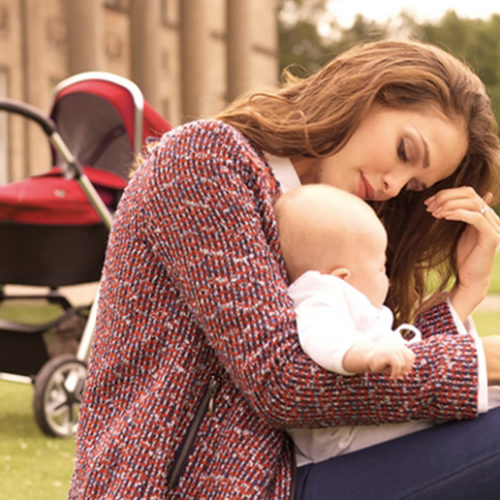
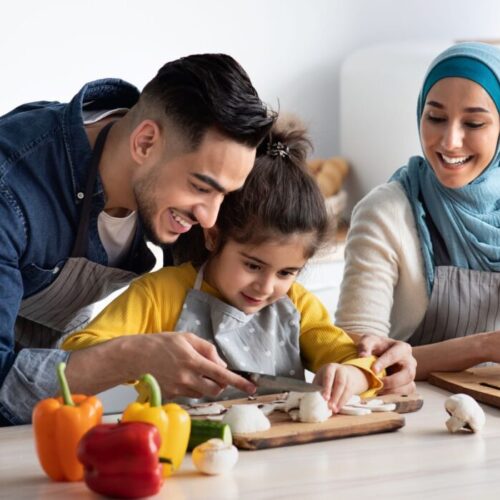







Comments